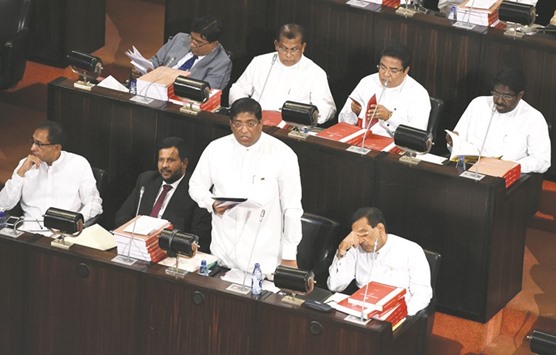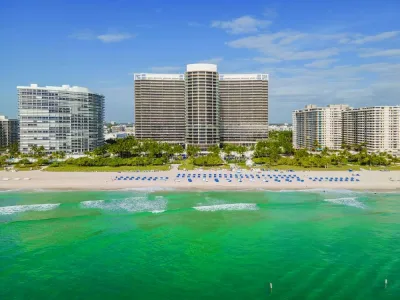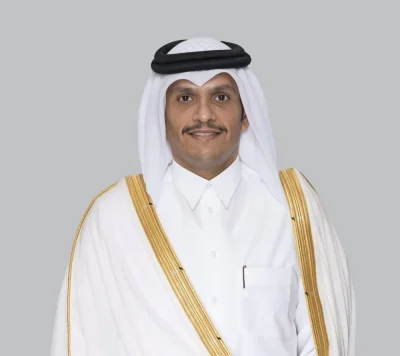Sri Lanka has announced it would lift a ban on foreigners owning property as the cash-strapped country sought to attract foreign capital to rebuild its war-ravaged economy.
Finance Minister Ravi Karunanayake on Thursday told parliament of the potential to attract much-needed foreign investment in the construction sector, which is experiencing a boom following the end of the island’s ethnic war in 2009.
“To further incentivise such investment, we will remove freehold right restrictions from the ground floor,” the minister said, referring to a 2014 ban on foreigners purchasing real
estate.
In a bid to encourage more foreign exchange inflows, the minister said the government will also allow individuals to bring up to $45,000 into the country without declaring the source, up from a previous limit of $15,000.
Unveiling the annual budget for the 2017 calendar year, the minister slapped a new carbon tax on cars and sharply raised traffic fines in an effort to shore up revenues.
The government is targeting a budget deficit of 4.6% of GDP next year, down from 5.4% of GDP this year, with foreign borrowings of $3.1bn and $1.2bn in domestic loans helping to bridge the gap, Karunanayake said.
The government will also focus on encouraging investment in the island’s war-ravaged north and east, offering huge tax concessions for startups in the region, which is struggling to rebuild seven years after the decades-long Tamil separatist war ended.
“I wish to lay emphasis on the fact that the government is committed to eliminate existing socio-economic gap between North and East with the rest of the country by 2020,”
Karunanayake said.
Cash-strapped Sri Lanka secured a $1.5bn bailout from the International Monetary Fund in June after suffering a balance of payments crisis earlier this year.
Budget proposals also included revisions to corporate and withholding taxes to boost revenue.
The government aims to boost its 2017 tax revenue by 27% to 1.82trn rupees ($12.35bn) year on year, to meet a commitment given to the International Monetary Fund in return for a $1.5bn loan in May.
Karunanayake said corporate income tax will have three slabs of 14%, 28% and 40%, instead of the current single rate of 28%. It is expected to bring 32bn rupees out of the total 140bn rupees of new revenue the government is budgeting to raise.
The withholding tax increase from 2.5% to 5% is expected to raise an additional 26bn rupees, the budget document showed.
“Tax efficiency in the country is low relative to its peer countries. Tax administration is negatively impacted by the complex tax structure and the large number of exemptions and tax holidays, leading to a narrow tax base,” Karunanayake told the parliament in his more than three-hour speech.
The coalition government of President Maithripala Sirisena’s center-left party and Prime Minister Ranil Wickremesinghe’s centre-right party struggled to implement key 2016 budget proposals as they disagreed on raising the value added tax (VAT) until early this month.
The government’s medium-term economic strategy foresees cutting the deficit to 3.5% of GDP by 2020 while increasing the direct taxes.
He also said a 10% capital gain tax will be introduced from April 1, 2017 without much elaborating. The move is expected to add 5b rupees into the government coffer.
The government has more than doubled personal tax files to 1.4mn this year from the last year’s 599,000 in a move to raise Sri Lanka’s low tax
compliance rate.

Sri Lankan Finance Minister Ravi Karunanayake speaking in the parliament.


